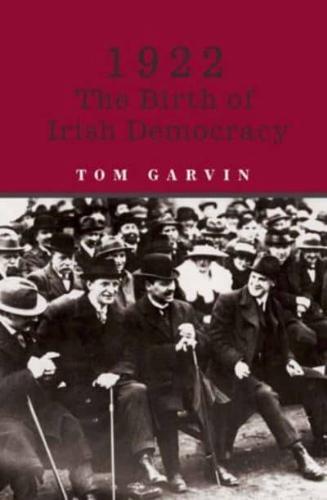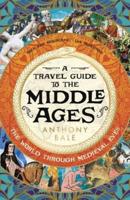Publisher's Synopsis
This book examines the birth of the Irish state and sets it in its European historical context. The process of democratic nation-making reached full fruition while a vicious civil war was raging, ostensibly fought over points of political principle but actually deciding whether Ireland was to be ruled by popular majority will or by a virtuous but unaccountable minority.
Garvin argues that militant republicanism always lacked popular, democratic legitimacy. The mainstream Irish nationalist tradition was moderate and realistic, and it was this nation-building tradition that triumphed in 1922. The stability and good order of the Irish state owes much to this victory. In particular, because the democratic impulse in Irish life overcame the cult of the virtuous minority, Ireland did not go the way of so many other newly emerging European states. There were to be no military dictators or fascist interludes; instead, there evolved a stable democracy which eventually came to include most of those defeated in 1922.
'Tom Garvin ... delivers in full measure those qualities which those who know his earlier work will be looking for: new source material, a nose for the big issue, jugular-grasping directness of expression, fertile international comparisons, arresting and sometimes breathtakingly bold judgements. Since there are half a dozen of these to every page, even a big sample could hardly do justice to the impact of his writing.' Charles Townshend, Irish Political Studies






